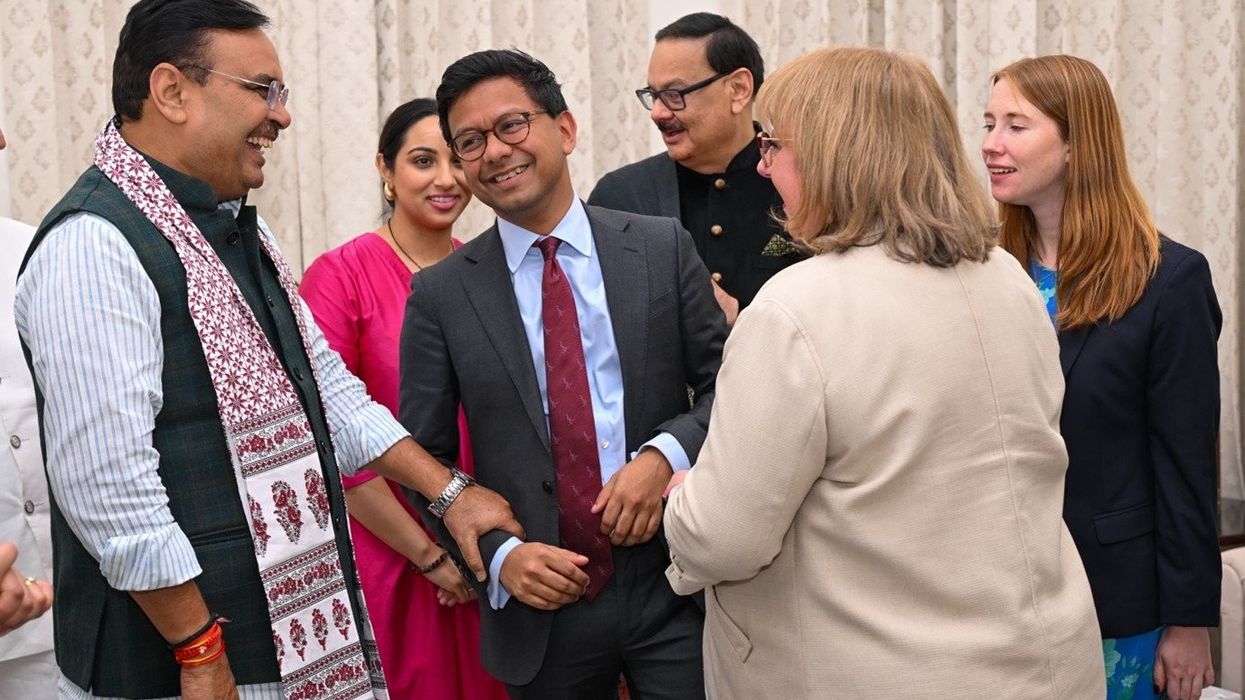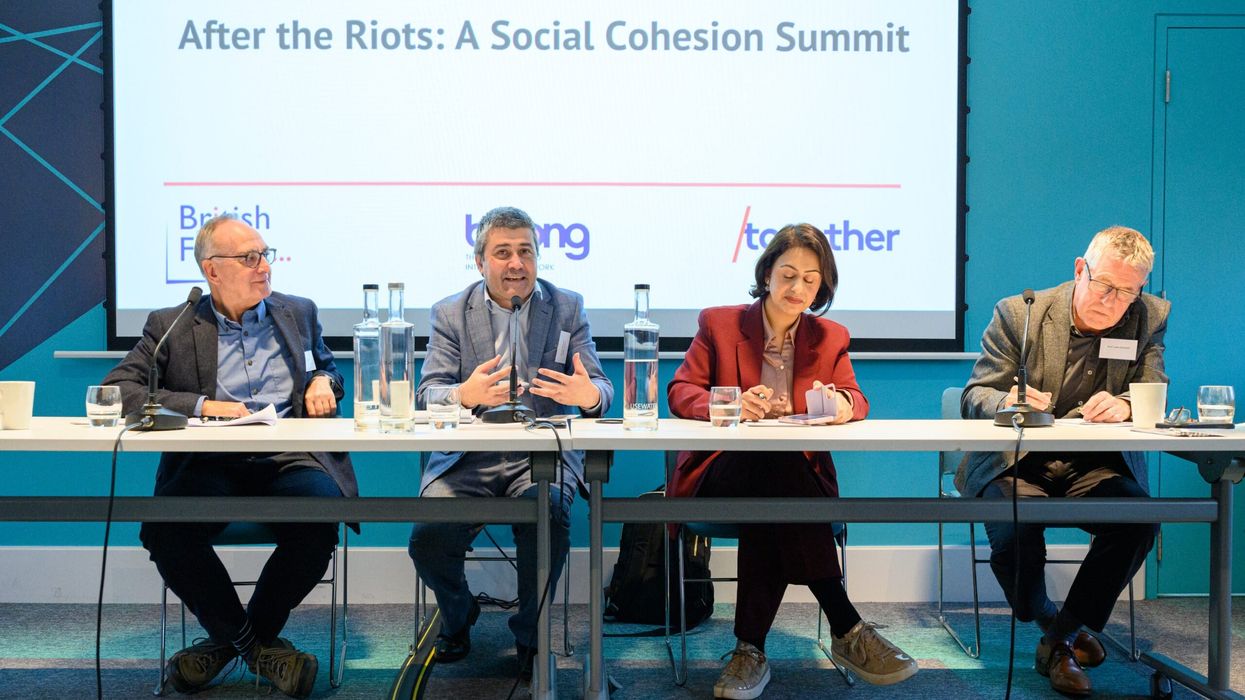By Sunder Katwala
British Future
“I’VE placed our rangoli outside No 11, the mithai is set to be delivered and the family Zoom is booked in. I know things will feel a bit different, and it’s hard not to be able to see family, but we will get through this together. Happy Diwali,” tweeted chancellor Rishi Sunak.
Diwali greetings from politicians are nothing new. Boris Johnson, Sir Keir Starmer and Nicola Sturgeon continued this modern political tradition this year. Indeed, Sunak was still in primary school when Margaret Thatcher first attended a Diwali event in 1986.
Yet, seeing the first Hindu chancellor putting out the lights had a further symbolism for many. Sunak’s actions helped the government to demonstrate that it can empathise with disruption for minority faith festivals, not only fret about the impact on Christmas.
His rise also symbolises how ethnic and faith diversity are shifting from being a novelty in British politics to the norm, with Sunak the second British Asian chancellor in a row. That sense of a ‘new normal’ can, however, be unevenly applied. That the Muslim faith of Sadiq Khan and family heritage of Sajid Javid is referenced more often than Sunak’s reflects more public anxiety, and broader casual prejudice too, towards Muslims than Hindus.
Many in Westminster do now believe that Sunak is as likely as not to move into 10 Downing Street, perhaps before the next general election. Hence the publication of the first Sunak biography Going for Broke last week, though the 40-year-old has only been chancellor for nine months. The book’s author, Lord Ashcroft, told a virtual launch event that the most striking thing about the rapid rise of Sunak is that he appeared to have made no enemies.
That rarest of political qualities may be even more valued after last week’s Downing Street convulsions saw the prime minister’s chief advisers depart abruptly. The irony is that Sunak owes his position as chancellor to Dominic Cummings’ most brutal Downing Street power play – though he was a non-combatant in the battle to push Javid from office. Yet Sunak could also now prove to be a significant beneficiary in the shift in tone heralded by Cummings’ departure, personified by Allegra Stratton, Sunak’s media adviser, becoming a more emollient public voice of Johnson’s government.
Sunak is a committed Leaver, but no “culture warrior”. His first major political intervention, when seeking a parliamentary seat, was a Policy Exchange report setting out the existential challenge for the Conservatives amid Britain’s growing ethnic diversity. He was an early optimist too about the Tory opportunity with the ‘Red wall’ seats in the north. So, he may be sceptical of those framing a zero-sum choice, where any agenda on climate change or a broader appeal to ethnic minority voters is cast as a ‘woke’ metropolitanism incompatible with an appeal to northern grit. A “levelling up” agenda would seek to bridge different groups from whom the party wants to get a hearing.
How we commemorate our history could also polarise much less if the focus was not on what to remove but who to recognise. Sunak’s decision that the Royal Mint should feature ethnic minority Britons on coins for the first time has potential – if the public can now be engaged in deciding which inspiring stories should be featured.
The idea that ethnic voices at the top table would automatically swing ethnic minority votes was always too simplistic. Theresa May did better with male than female voters in 2017, while the 68-year-old Jeremy Corbyn appealed more to the young than the old. A new YouGov poll of ethnic minority voters does show Sunak could have a bridging appeal. The Tories have a favourable image with a quarter of voters, but they are viewed negatively by almost two-thirds of ethnic minority voters.
For Labour, the picture is reversed. Yet while Johnson (-37) and home secretary Priti Patel (-43) had approval ratings in line with the party, Sunak’s positive net score (+22) was much closer to that of Labour leader Sir Keir (+29), even as he tops polls of Tory members and activists. That reflects the broad consensus in support of Sunak’s major economic decisions – especially the furlough scheme – though tougher decisions lie ahead next year.
The New Statesman’s political editor Stephen Bush argued recently that Britain’s first non-white prime minister is most likely to be a Tory. The precedents of Benjamin Disraeli and Thatcher combine with several potential black and Asian candidates across different ideological strands. It is clear that neither Sunak’s ethnicity nor faith will present any barrier to his becoming the next prime minister.
Indeed, were he not of British Indian heritage, Sunak’s journey from Winchester College through Oxford, Stanford and the City to parliament might have been less likely to help differentiate him from the pack. But the wheel of political fortune has yet to determine whether Sunak’s rise will take him to the very top




















Race and faith diversity ‘new normal’ in politics